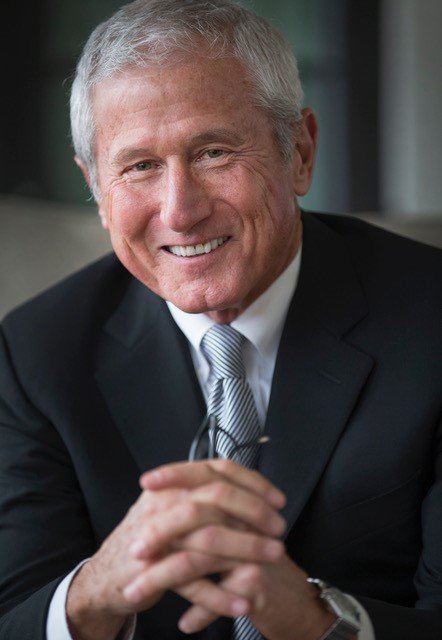
Newspaper editorial pages, as once we knew them, may be dying. God, I hope not.
For if a newspaper has brains, it will show up on the editorial page. If a newspaper has a heart, it will show up on the editorial page. If a newspaper has courage, it will be most evident on the editorial page.
All those things — brains, heart and courage — are ephemeral, impossible to measure, and impossible to teach in a journalism class.
Yet those things are the building blocks on which any news organization builds its relationship with its community, its audience. That relationship is built over many years. It’s a lot like a marriage. Seriously.
Any lasting human relationship requires honesty. There will be mistakes, failure, occasionally broken trust. Marriages require forgiveness, over and over, and sometimes courage.
Building that kind of intimacy with a family of readers has been at the heart of newspapers’ success in the past. I think it may be an important key to how we rebuild relevance and excitement among our readers.
Many corporate owners of newspapers these days obviously disagree.
Some have banned editorial page endorsements as being more trouble than they’re worth. It’s rare today for newspapers to invest much in staff or other resources for editorial pages. No ads on that space equals no expenditures for it.
That’s as tragic, and as hopeless, as any form of suicide.
Publishers should see newspaper commentary as a vital means to build trust and to reinforce deep, lasting relationships with readers, even when it’s difficult and troublesome.
I grew up in Tuscaloosa, Alabama, where the newspaper’s publisher was Pulitzer winner Buford Boone. My conservative parents did not always agree with the more liberal Mr. Boone, but they read the paper and respected it while disagreeing often.
As I recall the dinner table conversations, their feelings often were intense, even passionate. Their loyalty over decades was in direct proportion to that passion.
When I retired as publisher of The Daily News in Galveston, Texas, a reader paid me what I still see as the ultimate compliment.
“I really didn’t think you were always right,” he said, “but I thought you were always trying to be.”
It was my friend’s way of saying he admired the newspaper’s willingness to take the risk of leadership, even when it was controversial or inconvenient. I still believe that risk is worth it.
Newspaper leaders have to make themselves vulnerable to risk. They must have the bravery to boldly argue for a better tomorrow. Otherwise we’re just a bunch of damn bulletin boards. The internet handles that role better than we do.
Newspapers, to have a future, must engage the brains, hearts and hopes of their readers. And if we don’t, shame on all of us.
Dolph Tillotson is chairman of Southern Newspapers, Inc.